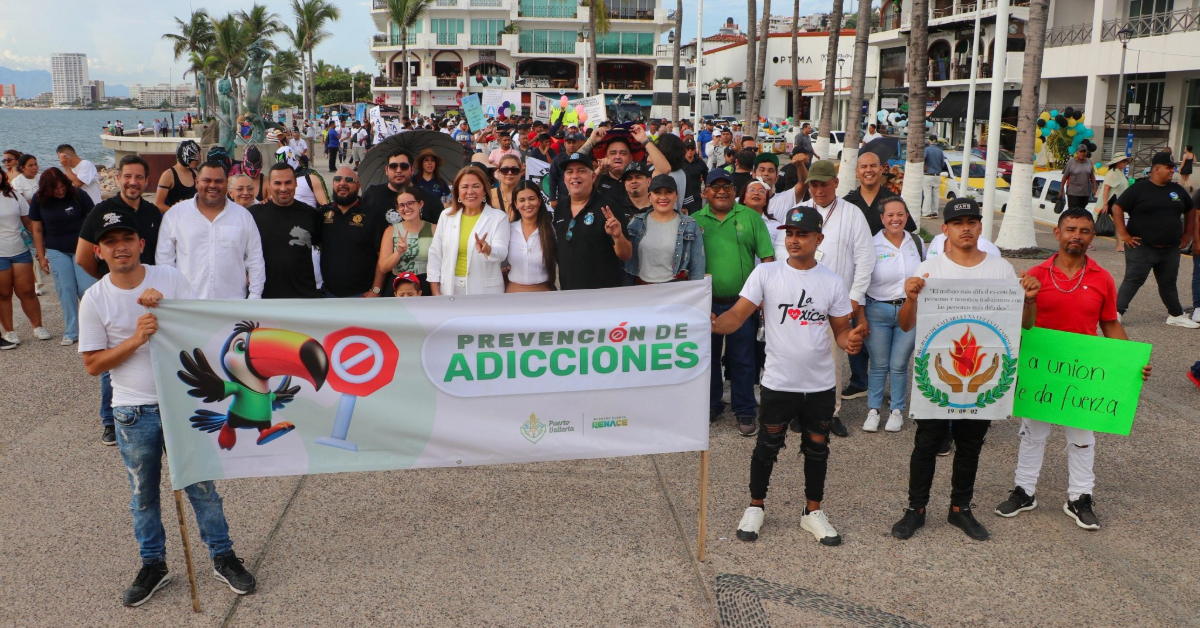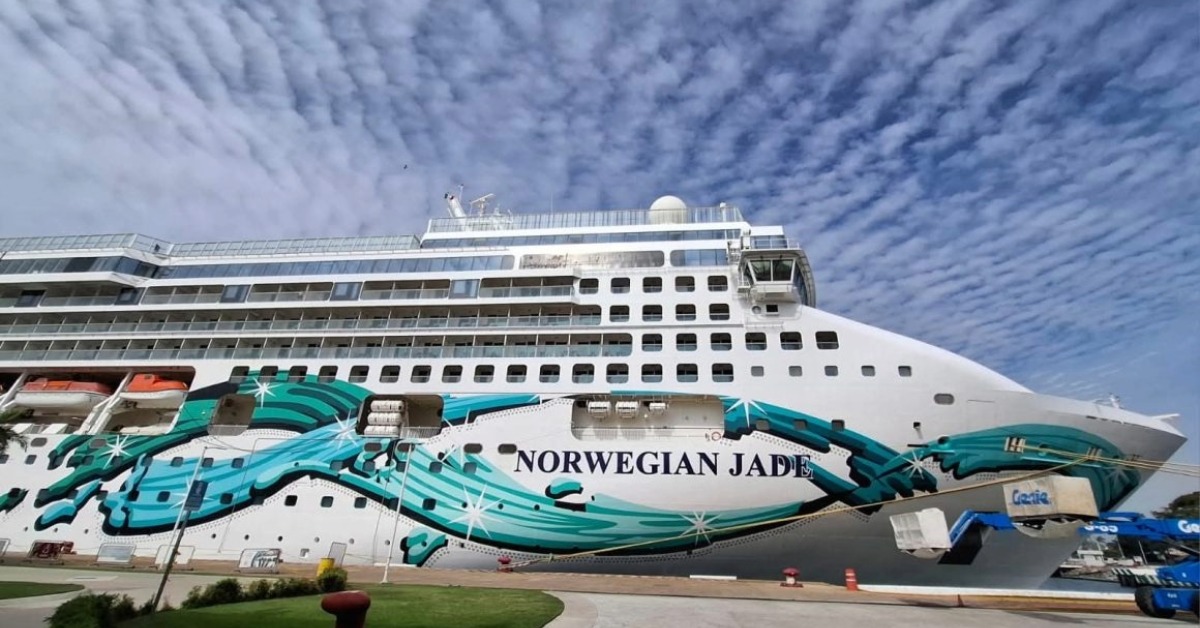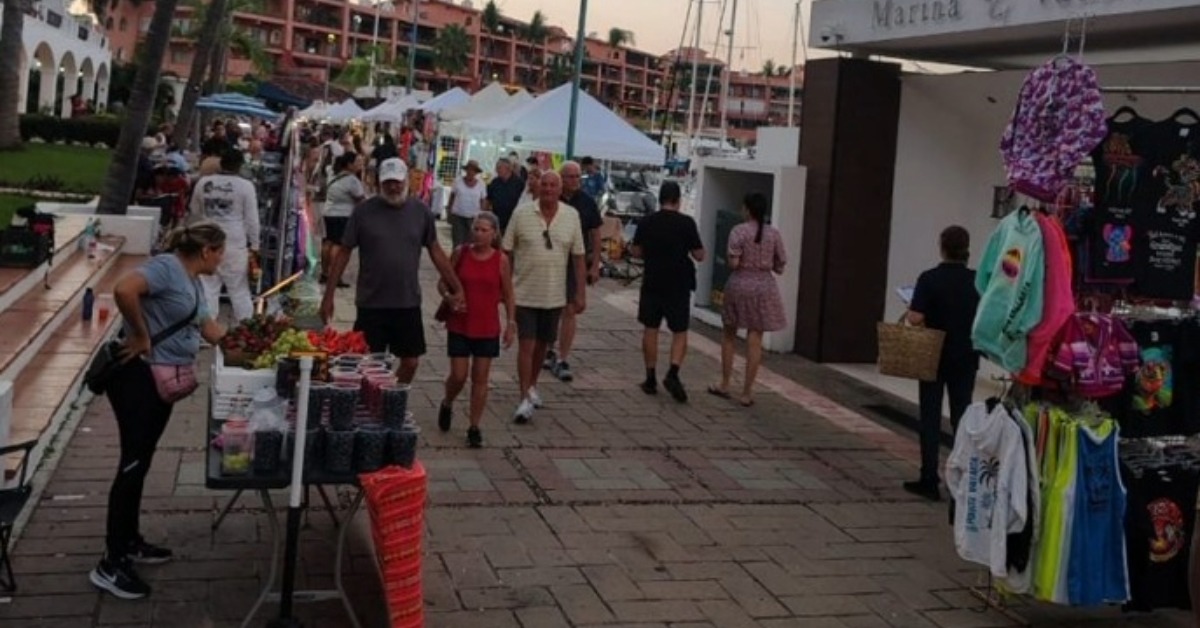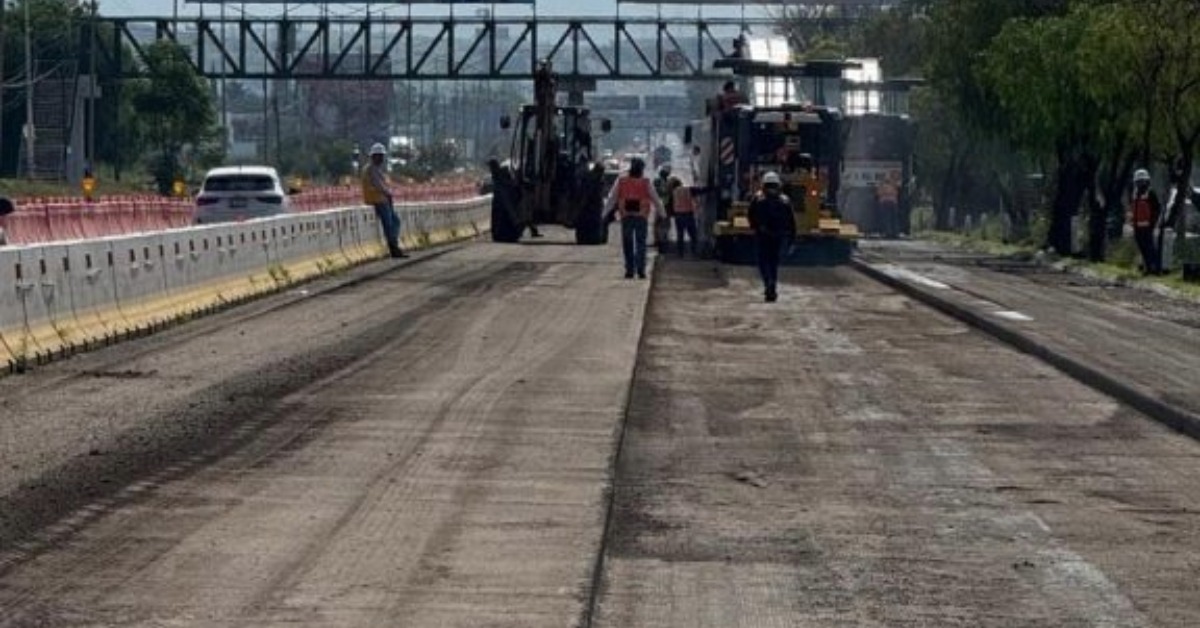Puerto Vallarta marked the International Day Against Addictions with the TUCA Parade and a citizen forum, launching Mexico’s first municipal addiction prevention agency.
Puerto Vallarta marked a milestone in public health policy by commemorating the International Day Against Addictions with a powerful public demonstration and a new institutional approach. The event, known as the TUCA Parade, was paired with a citizen forum dedicated to addiction prevention and treatment, underscoring the growing recognition of substance abuse as a public crisis—not just a personal struggle.
In a groundbreaking move, the municipal . . .






